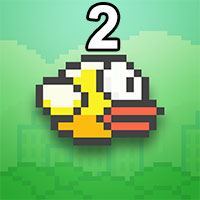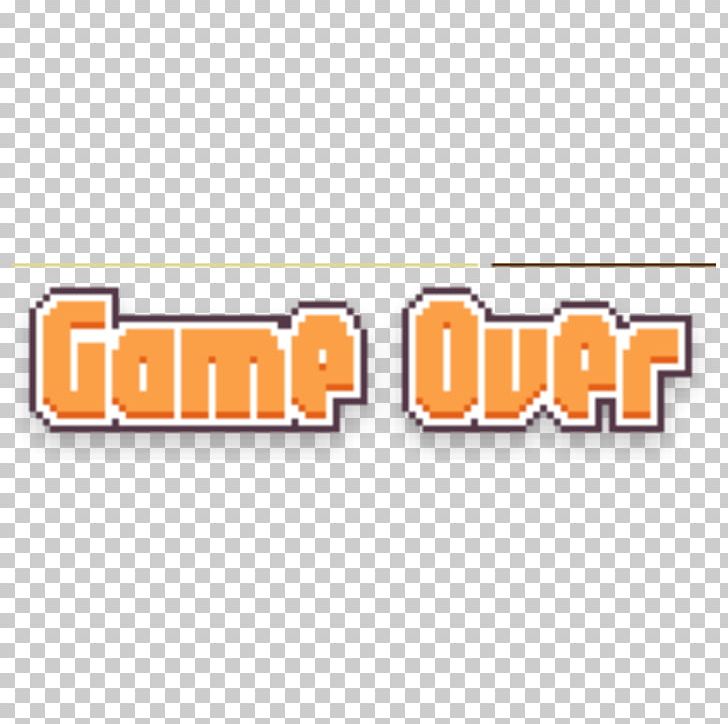
Generally you want to make the hitbox of the player, and of the "bad" things smaller, and the hitbox of "good" things (items etc) larger. Yes, it's an often-used trick to enhance the feel of gameplay. > I wonder if we're simply used to games making hitboxes smaller than the avatar.

Given the enormous growth rates, it is probable that Google Play spending is equal to or greater than iOS right now.īoth are absolutely huge markets, so someone could apply their skills and knowledge in either to reward, but your tired, obsolete, nonsensical claims need to go back to 2010 where they were relevant.
Games like flappy bird online android#
Spending on the Android platform increased 242%+, to within striking distance of iOS spending. It appears to be something an individual or small group did, using their own manpower.ĭuring 2013, spending on the iOS platform increased some 50%. Humans favor what they know over the unknown.Īnd do you think this rather trivial app was some venture-capital backed startup that then hired a team with a given skillsets? Yeah, I don't think so. There is nothing "random" about it, that notion being utterly absurd.
Games like flappy bird online cracked#
Angry Birds did that and turned itself into a media franchise, but many indie game makers don’t want to go down that route.People have skill sets and acclimations: If someone is an xcode developer that has cracked out a couple of iOS apps, probability dramatically favors that they will do so again, perhaps even justifying using the hammer again. In order to survive, you have to grow, and that means you have to start paying attention to the market. But indie success like Flappy Bird is short-lived. I wouldn’t be surprised if game companies start incorporating Flappy Bird aspects into their design paradigm now. They go against the current design paradigm, and they rely the makers’ artistic sense rather than market research when they create their product. Indie games like Flappy Bird are becoming bigger because they have access to users through channels like the app Store. What does the success of Flappy Bird, a game created by one man in Vietnam, mean for Silicon Valley? In fact, now there are a lot of copycats, and they’re wondering why they’re not doing well even though they have the same features. Even if you followed all these steps, it’s not certain that your game would be successful. It was like, if you’re not playing Flappy Bird, you’re missing out. It created controversy (questions have been raised regarding whether bots were used to boost its app chart popularity), which helped it become a phenomenon. Yes, a lot of praise and a lot of criticism. It just means that you’ve spent a lot of time playing Farmville. Other games push this very hard, but since they’re not very difficult to master, it’s almost embarrassing to share the fact that you’ve done well.


As a result, if you’re successful, you’re quite ready to share your experience on social media. Flappy Bird, by contrast, is unforgiving, so success feels meaningful. They’re easy to learn, so to get good, you just have to play them often enough. Most games no longer ask for such know-how. The other important aspect is the fact that it requires skill.

If you look at what’s inside the game, the retro visual style borrows from classic games like Super Mario, which invokes nostalgia in the user. What’s the secret behind Flappy Bird’s success? What makes the simple app so popular when other, flashier games are not? Metro spoke with Vili Lehdonvirta, a research fellow at Oxford University’s Oxford Internet Institute. An employee plays the game Flappy Bird at a smartphone store in Hanoi.Īpparently, we’re all Flappy Bird addicts: When Dong Nguyen, the Vietnamese creator of the popular mobile game, announced that he’s removing it from online stores, it became big news.


 0 kommentar(er)
0 kommentar(er)
